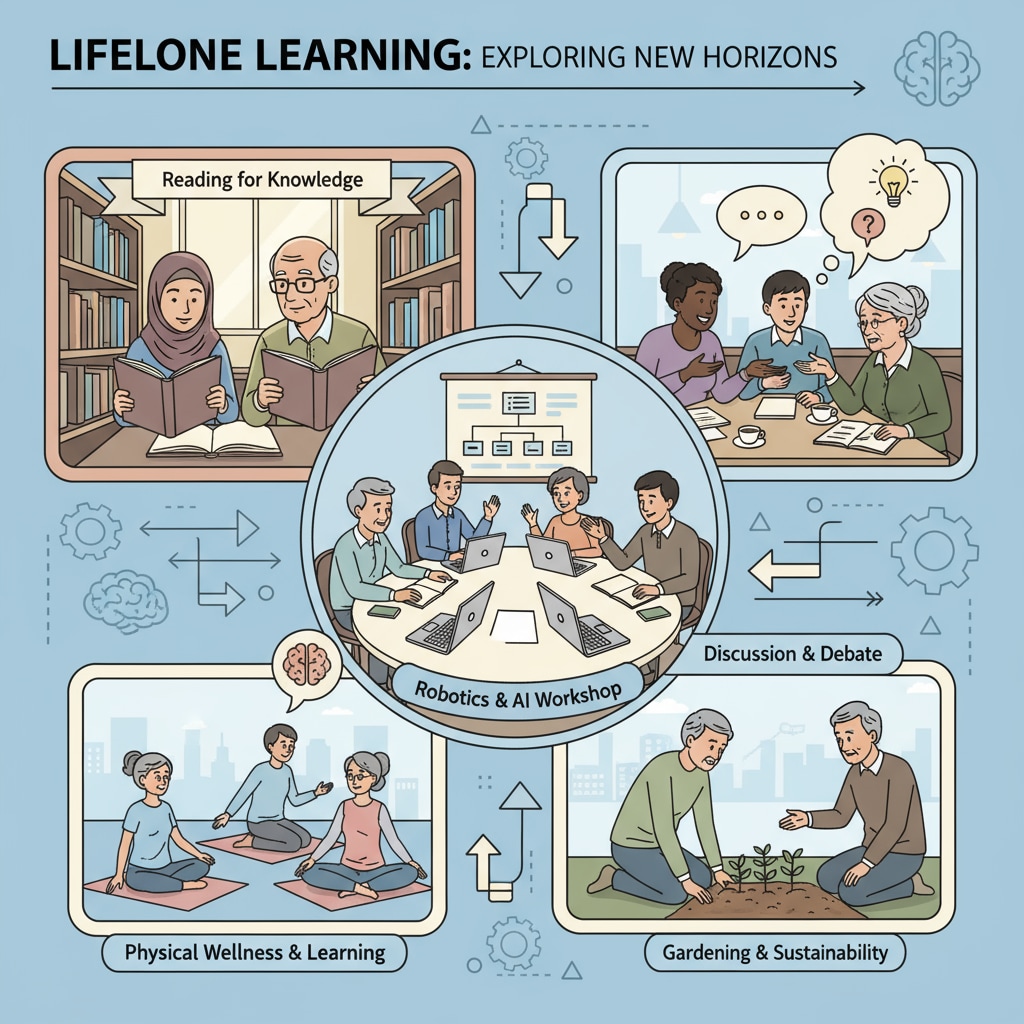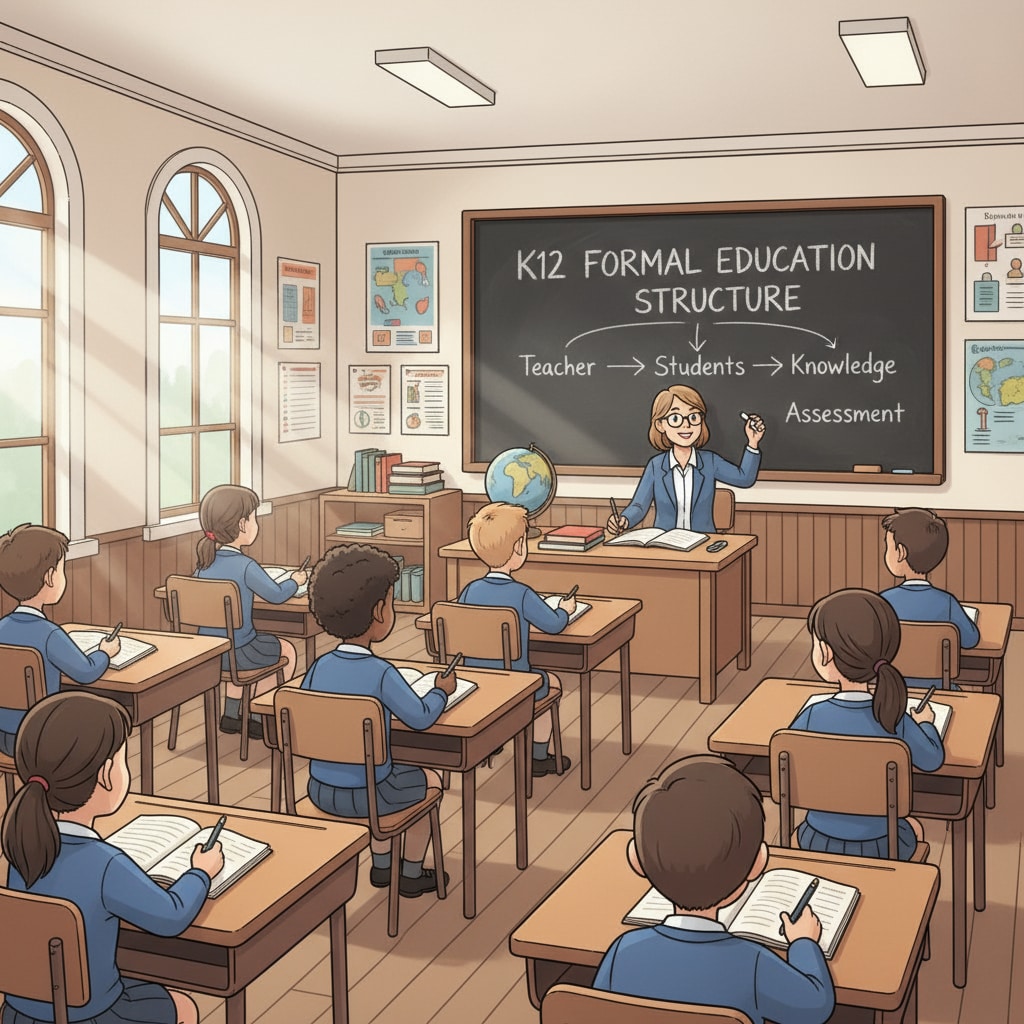Lifelong learning, formal education, and the value of experience are concepts that have become increasingly important in today’s rapidly evolving world. The K12 formal education system, while fundamental in providing a basic knowledge foundation, has its limitations. However, lifelong learning can play a significant role in filling these gaps.

The Constraints of K12 Formal Education
The K12 education system is primarily designed to impart a standardized set of knowledge and skills to students within a specific age range. It often follows a rigid curriculum, focusing mainly on academic subjects such as mathematics, science, language arts, and social studies. This narrow focus can limit students’ exposure to a broader spectrum of knowledge and skills. For example, practical life skills like financial management, home maintenance, and emotional intelligence are often overlooked. K12 education on Wikipedia

The Significance of Lifelong Learning
Lifelong learning, on the other hand, offers a more flexible and expansive approach to learning. It is not confined to a particular age group or a set curriculum. People can engage in lifelong learning at any stage of their lives, pursuing interests that may not have been covered in-depth during their K12 education. This could include learning a new language, a musical instrument, or a new technology. It allows individuals to adapt to changing circumstances, such as career transitions or personal interests. Lifelong education on Britannica
Moreover, lifelong learning values the experience that individuals accumulate over time. Older individuals, in particular, bring a wealth of real-world experience to the learning table. Their stories, insights, and lessons learned can enrich the learning process for everyone involved. By integrating the value of experience into the learning ecosystem, we can create a more inclusive and effective learning environment.
Readability guidance: In this article, we’ve explored how the limitations of K12 formal education can be overcome through lifelong learning. We’ve seen that lifelong learning not only provides a broader range of knowledge but also values the experience of all individuals. By embracing lifelong learning, we can build a more inclusive and continuous learning ecosystem.


